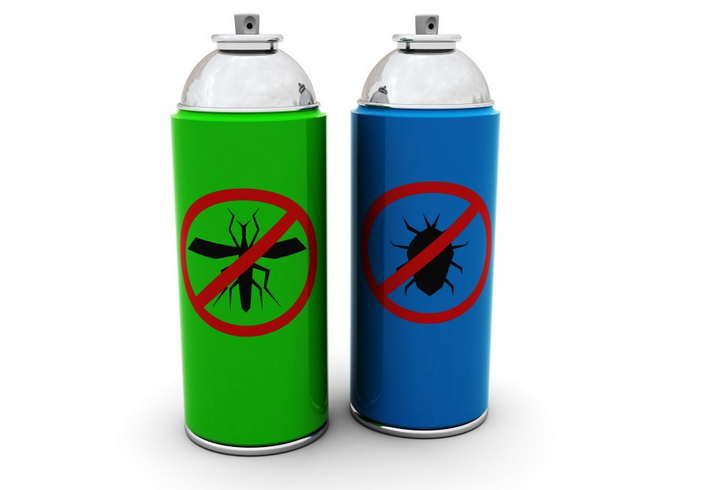How using common insecticide can damage child brain development. Check out the article we found over at Natural News.
A family of insecticides called pyrethroids are found in many common household items and unfortunately, they’ve been shown to harm human health.
According to experts from the Institute of Research in Environmental and Occupational Health in Rennes, France, they’ve been linked to interfering with children’s brain function. The experts, along with researchers from the Laboratory for Developmental and Educational Psychology at Rennes 2 University, discovered that these insecticides affect children’s memory and verbal comprehension in particular.
Nearly 300 mother-child pairs were assessed for the study, which involved at-home visits from two psychologists. One psychologist worked to determine the child’s neurocognitive performances, while the other took other stimuli such as family environment into account to analyze intellectual development. Urine samples were collected to determine exposure to these pyrethroids, with an eye on five metabolites (3-PBA, 4-F-3-PBA, cis-DCCA, trans-DCCA and cis-DBCA).
Children especially susceptible to dangerous family of insecticides
It is thought that a child’s exposure is common since they’re often close to the ground and also involved in a great deal of hand-to-mouth activity; these behaviors make them more prone to contact with pyrethroids, which are primarily absorbed by their digestive tract and skin.
Of the five, increased levels of two metabolites (3 PBA and cis-DBCA) were found in children’s urine, something which was associated with a large decrease in their verbal comprehension and working memory ability. Although a link in waning brain performance wasn’t found with the other three metabolites, the finding still presents a strong case against pyrenthroids. In demonstrates that, even in small amounts, this group of insecticides can be harmful.
“Although these observations must be reproduced in further studies in order to draw definite conclusions,” says the study’s lead author Cecile Chevrier, “they indicate the potential responsibility of low doses of deltamethrine in particular (since the metabolite cis-DBCA is its main metabolite, and selective for it), and pyrethroid insecticides in general (since the metabolite 3-BPA is a degradation product of some twenty of these insecticides).”
Next article: 2 Absolute Amazing, Natural Homemade Bug Spray Recipes
Read full article: Commonly used insecticides impair child brain development even at low exposure levels







Robin Mcneill
Aug 21. 2015
I’ll let the bugs bite before I use any bug spray . It will kill you .it’s flipping poison !